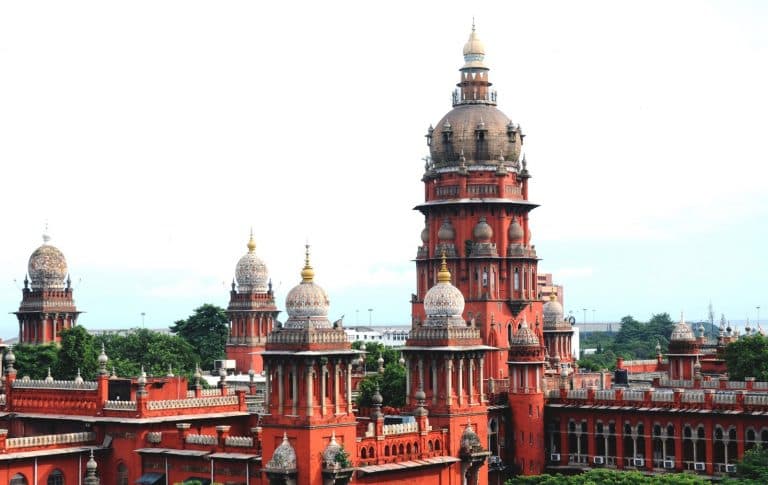MUMBAI – At the same moment Christians across India are complaining of rising levels of persecution directed at them from third parties, a court in the country’s southernmost state is pondering how to prevent Christians from fighting among themselves.
Specifically, the High Court of Tamil Nadu state announced Oct. 23 that there’s a need for Christian organizations and their finances to be regulated by a statutory government body, as is already the case for Hindu and Muslim institutions.
The court had sought the opinions of both the federal government, led by the Hindu nationalist Bharatiya Janata Party (BJP) of Prime Minister Narendra Modi, and the Tamil Nadu state government, led by the Dravida Munnertra Kazhagam (DMK). The two political parties strongly differ in their ideologies, with the DML espousing a socialist and anti-Hindi line.
The High Court stated that various instances of mismanagement of church properties and funds have resulted in lawsuits in the absence of a statutory body to regulate the affairs of Christian institutions.
Large Episcopalian church institutions, for example, holding properties worth hundreds of thousands of dollars and running medical and educational institutions, have been in the news over alleged misappropriation of funds and illegal sale of properties, resulting in messy legal disputes. Similar litigation has been filed in courts elsewhere in India.
In another recent instance, a bench of the Tamil Nadu Head Court, which is also known as the Madras High Court, heard multiple petitions related to the appointment of a correspondent at Scott Christian College, located in a town known as Kanyakumari, and the handling of employee salaries.
Claims also include one filed by Baiju Nijat Pal from another Tamil Nadu city, Nagercoil, who claimed a court order to appoint him as college correspondent had not been implemented. The court noted that such arbitrary decisions seemed to stem from internal rules meant to maintain control over the administration.
Justice N. Sathish Kumar, who was hearing the petitions, said Christian institutions make significant public contributions to education and healthcare, so it is important to safeguard their assets and funds. He said there is a danger of the depletion of funds by vested individuals who are in authority without a regulatory framework for church endowments.
Politically, some observers believe the High Court’s conclusion could empower the BJP, which is trying its best, although so far unsuccessfully, to make its presence felt in Tamil Nadu through its Hindu nationalistic strategy. The BJP often accuses the DMK government of favoring the Christian community.
The DMK, on the other hand, is politically aligned with the Dravidian movement, which has had a strongly socialist character and rebuffs the hegemony of all things that are North Indian — including political parties and the Hindi language.
Father A Santhanam, a Jesuit lawyer practicing in Tamil Nadu state, told Crux that the court is responding to an increasing volume of litigation concerning the management of financial assets of Christian bodies, especially educational institutions.
“Most of the time, internal disputes of the parties become the basis for the litigation,” Santhanam said. “The court has come to the conclusion that a permanent solution should be arrived at for managing the properties and reducing unwanted litigation.”
“The court is also of the opinion that disputing parties drain the money” of their institutions, he said, through the spate of legal claims and counter-claims.
“Therefore, the court has come forward to get the opinion of the federal and state governments to set up a statutory body in this regard, as there are already statutory bodies to maintain the temple and waqf properties.”
(In Islamic law, a waqf is a charitable trust that administers properties, including schools and mosques, as well as other assets.”)
Santhanam said the court’s concern is understandable, though he hopes greater self-control on the part of Christian institutions will prevent the need for government intervention.”
“Warring groups in church administration approaching the court has become a day-to-day affair, after every election or every decision” [by a church body], he said. “The time has come for introspection and discernment.”
Although Santhanam argued that Christian properties are different in nature from those belonging to Hinu temples or Islamic waqf, nevertheless “the court has been compelled to find a remedy, and it has the already available models for dispute resolution.”
If Christian groups don’t want greater government interference in their internal life, he said, they need to change the way they approach their assets.
“Church bodies should think of themselves only as caretakers of funds and properties,” Santhanam said, not owners, “and they should preserve them for future generations.”















